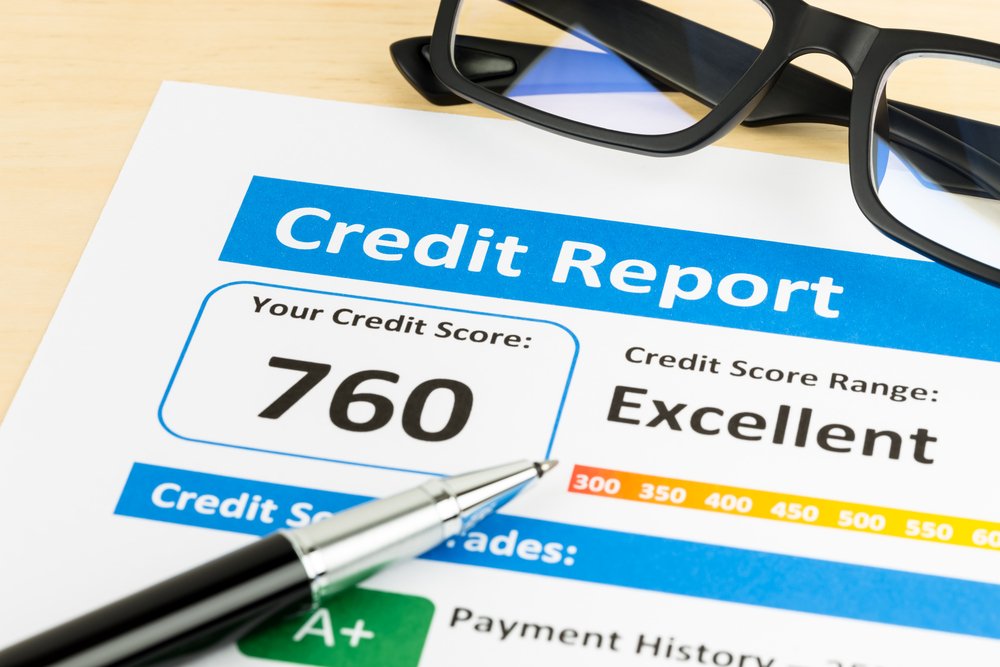Signing or co-signing a bail bond may affect your creditworthiness indirectly. Negative credit impacts are more likely to occur if you fail to follow the regular bond payment schedule. Bail bond services can offer a variety of financing options to help you meet the bond agreement and avoid lowering your borrowing potential. Here are some of the ways bail bonds can affect your credit score:
Using Credit
You can use a credit card to pay bail bonds and release your loved one from custody. For large bail amounts, you may have to use your house or property as collateral for a bond agreement. While the bond payments may not affect your credit rating, failing to meet the payment intervals will lower your rating. Meeting the payment obligations of the bond agreement helps you avoid filing for bankruptcy, allowing you to maintain or enhance your creditworthiness.
Attending Court Dates
Bail agreements encompass legally binding clauses requiring the defendant to appear in court. You may be required to cover the entire bail premium if the defendant does not show up for their scheduled hearings. If you have to assume financial liability for the defendant, you must reimburse the bondsman the entire bail amount. Being unable to raise the bail premium may result in the debt being sent to collection, lowering your credit score.
You can protect your creditworthiness by making sure you or your loved one is present for all legal meetings. Before co-signing for a colleague, assess their legal history to identify issues like a habit of dishonoring court orders. This helps you avoid taking a high-risk liability that would require you to pay the entire bond premium and increase the risk of a poor credit rating. If your friend or loved one is not a flight risk, you can co-sign on their bail bond without negative effects on your credit score.
Adhering to Bond Conditions
Violating the conditions of the bondsman has an indirect negative influence on your credit score. You will be required to follow contractual terms when posting bail with the help of a bail bondsman. Conditions may include regular reports to the agent, staying within the state, and avoiding further crimes. Failure to comply with the set conditions may lead to cancellation of the bail bond. The legally binding nature of the bond agreement makes it possible for the bond services to demand collateral and file a complaint for unpaid fees. These actions could result in a lower credit score due to unpaid expenses and losing assets you used as collateral.
Approaching Debt Collectors
If bond agencies forward the incident of unmet fees to collection agencies, your credit score could be negatively affected. Debt collectors might proceed to file a lawsuit. A judgment in the debt collector’s favor could give the debt collector access to your bank or employer. Your credit rating may decrease as the bank liaises with you and the debt collector to obtain the unpaid fees.
Learn More About Bail Bonds
Bail bonds do not have a direct impact on your credit score. Failing to meet the payment obligations may have an indirect impact on your borrowing potential. Some bail agencies offer a variety of financial packages you can choose from that factor in your budget and case requirements. This helps lower the risk of failing to meet bond obligations. Contact a bail bond company today to learn more about how bail bonds could affect your credit score.
Also Read: Webinarach: The Best Choice for Your Next Online Event

